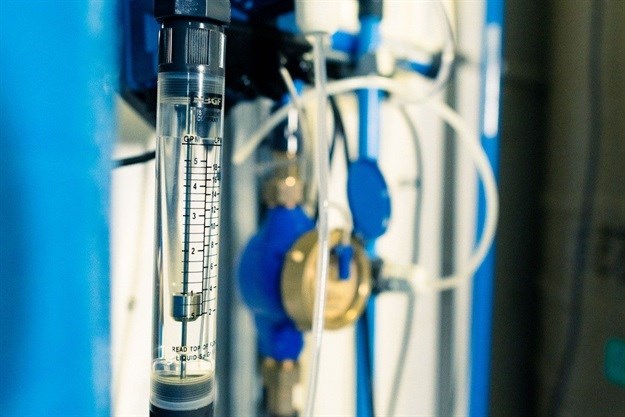Using borehole water for your business? Why ensuring quality is key
The extreme drought and severe water shortage in the Western Cape had a significant impact on industries that rely on water for their operations, and while provincial dam levels are stabilising, it is crucial for businesses to start considering alternative options to solely relying on municipal water supply.

This is according to Gary Fahy, senior engineer at Energy Partners Water - a division of Energy Partners and part of the PSG Group, who says that in many cases across the Western Cape, the water crisis led local businesses to consider using borehole water. “However, it is vital for business owners to note that ensuring the quality of this water is a complex issue which requires the skills of a specialist service provider to ensure success.”
“The common misconception about borehole water is that it is pure, filtered water, but the fact is that there is a host of factors that could affect the quality, making it unfit for human consumption, food production and, in some cases, even industrial applications. Underground water often has a high mineral content, and toxins such as pesticides can filter through to underground reservoirs,” Fahy adds.
Installing water treatment plants
He explains that underground water can also contain high iron or calcium content which can result in borehole water not only being unfit for human consumption, but also potentially detrimental to equipment. “Therefore, if a business intends to start using underground water for any large-scale operation, it is likely that a water treatment plant will be necessary on site.”
As such, he points out that many of the properties located above underground water sources that enquire about the possibility of pumping borehole water to their operations should note that this is more complex than one may expect.
Fahy says that a treatment plant is not a one-size-fits-all solution. “Each underground water source has a unique mineral and/or impurity content, and the treatment plant will need to be optimised accordingly. It requires a dedicated team to continuously conduct quality tests and run the treatment plant as efficiently as possible in order to ensure the best possible return on investment.”
Water quality regulations
In addition, with many of the businesses considering this option, working in the food production and retail industries, it is also important to take into account that a number of regulations on water quality would apply. “Businesses are taking on a substantial responsibility when they start using underground water for applications that might also involve human consumption. It will therefore be necessary to conduct regular testing on the quality of one’s processed water and be able to provide proof to the relevant parties that the water is up to standard. This means that one needs the services of a certified laboratory as well.”
The good news, according to Fahy, is that this responsibility can be outsourced to a service provider that can help to make it financially viable. “A competent service provider is able to efficiently operate any pumping and water treatment processes that one has on site, and conduct regular testing both for providing the appropriate certificates and to proactively manage any water quality challenges. Despite the fact that these types of operations can be quite complex, a capable consultant can reduce a client’s water bills by between 30% and 50%. With resource certainty being a significant challenge for businesses today, finding ways of becoming less reliant on municipal supply is an important issue for every business,” he concludes.